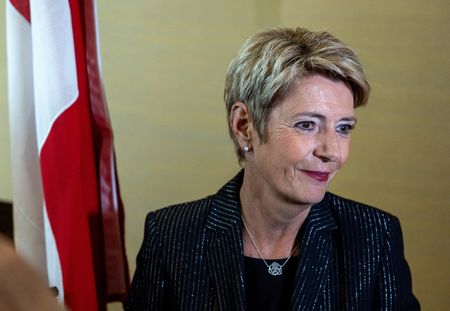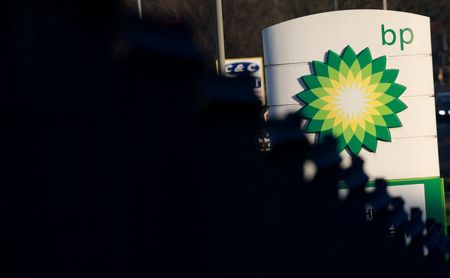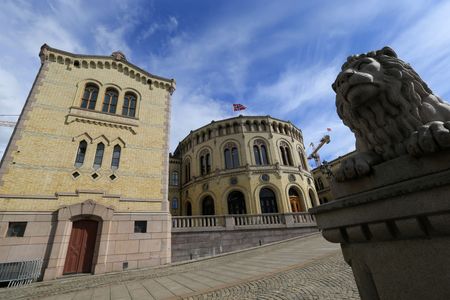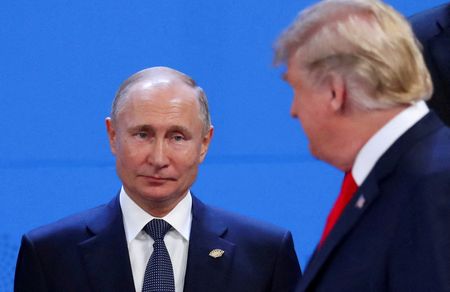LONDON (Reuters) -Britain has granted its first space launch licence to a homegrown rocket company, paving the way for a Scottish start-up to send satellites into space from the country’s first vertical launch spaceport.
Skyrora, which was founded in 2017, would be able to conduct up to 16 launches a year, subject to further approval by the UK Civil Aviation Authority (CAA), the regulator said on Tuesday.
The Scotland-based company would use the SaxaVord Spaceport in the Shetland Islands, northern Scotland, which received a key safety licence last year, meaning rockets could be launched from the site in the future.
However, SaxaVord has told Skyrora that there is no availability for a launch in 2025, the Financial Times reported.
Skyrora Chief Executive Volodymyr Levykin said in a statement to Reuters the firm’s priority was to launch from Britain but it expected a delay.
“Despite having a vehicle ready and a launch license, it is unlikely that Skyrora will be able to complete its launch from the UK this year,” Levykin said.
He said the company had options to launch from Australia, Oman and potentially Iceland.
Germany’s Rocket Factory Augsburg was the first company to gain a licence to launch from the SaxaVord site earlier this year.
“Granting a home-grown company, Skyrora its launch licence is a major milestone for our space sector and our nation,” CAA Chief Executive Rob Bishton said.
The space market is forecast to be worth over $1 trillion by 2030 as companies around the world plan to deploy thousands of internet-beaming satellites.
Britain has been looking to add launch capabilities to its space industry, which employs over 45,000 people and builds more satellites than anywhere outside the United States.
But those efforts were dealt a major blow in early 2023 when a horizontal rocket launch from Newquay, south-west England, failed. A successful vertical launch from SaxaVord would revive the industry’s prospects.
Skyrora needs to meet a number of conditions before any launch, including adequate insurance, a data-sharing deal with the British government and airspace agreements with other countries.
(Reporting by Sachin Ravikumar; editing by Sarah Young)









